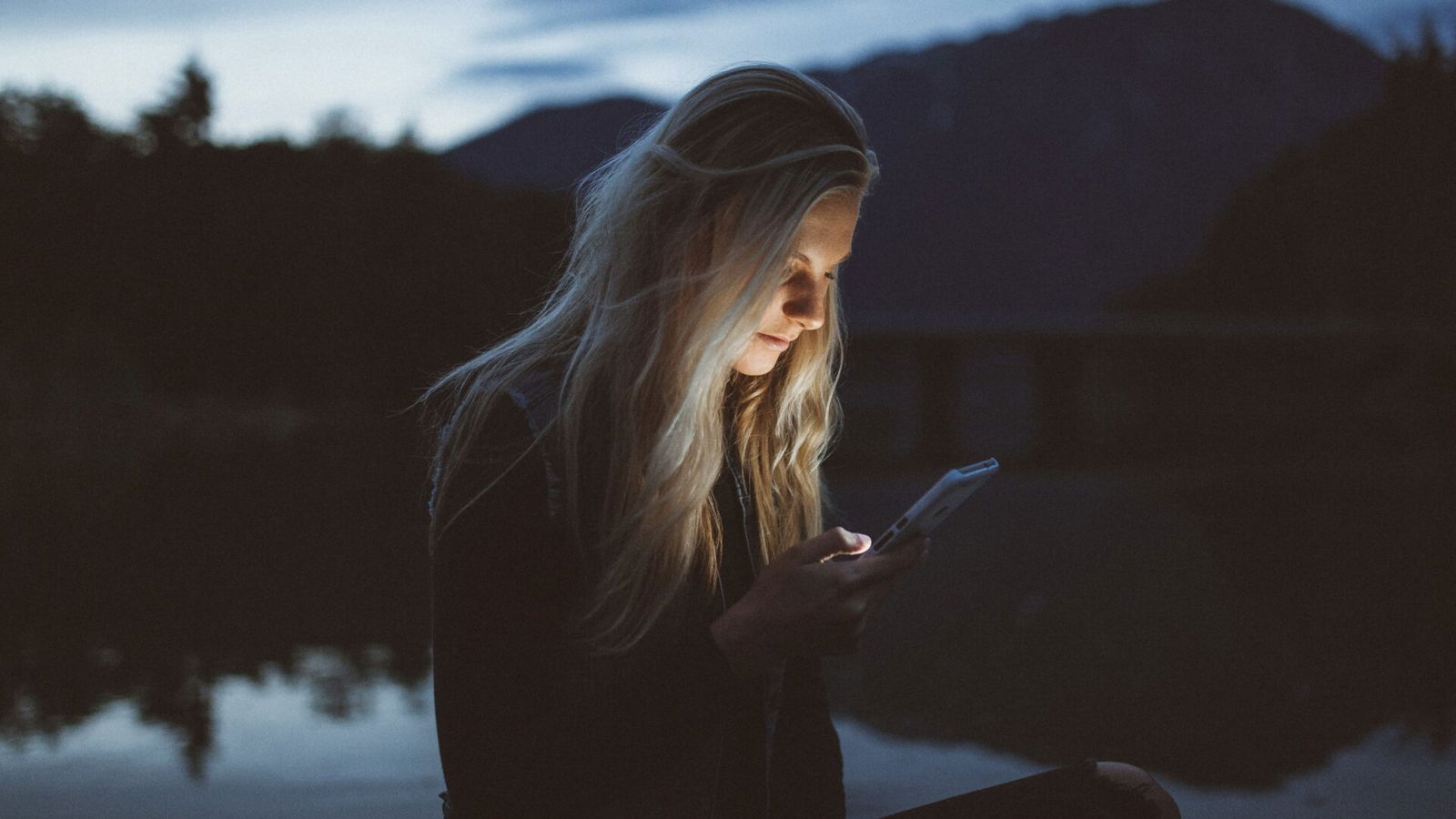
How Nighttime Screen Use Actually Impacts Your Health
By Movieguide® Contributor
News Medical recently explained how using screens at night presents several unpleasant health risks.
“The blue light emitted from your device’s screen is part of the light spectrum most active in your sleep cycle. When stimulated, this part of the brain suppresses the production of the sleep hormone melatonin, making it difficult for people to switch off at night,” News Medical said on April 27.
This causes cognitive impairment, daytime sleepiness, lack of concentration and brain fog.
Screen use before bed also makes it take longer to fall asleep.
Psychology Today reported on a study by Harvard researchers:
Participants who were using an E-reader before bed (a blue light-emitting screen similar to a tablet or smartphone) took on average of 10 minutes longer to fall asleep versus those who were reading a normal print book. Try reading a real book at night instead of doing anything on your phone or watching TV or Netflix, and you’ll see how much sleepier you feel and how much more quickly you fall asleep.
“Skimping on sleep due to late-night scrolling can cause a ripple effect that can pose profound long-term health implications,” News Medical said. “Sleep deprivation has been linked to a myriad of physical health issues, including high blood pressure, heart disease and obesity.”
It also affects appetite and blood sugar.
“While not explicitly focused on late-night scrolling, research conducted over the last few years has suggested a strong link between depression and prolonged periods of screen time, especially in adolescents,” News Medical said.
Movieguide® reported last year:
A new study finds that young people’s screen use at night can disrupt their sleeping patterns.
“[Daily screen time] lower[s] psychological well-being, including less curiosity, lower self-control, more distractibility, more difficulty making friends, less emotional stability, being more difficult to care for, and inability to finish tasks,” Psychiatrist Dr. Sid Khurana at Nevada Mental Health explained.
“Teens started sleeping later when they played more video games than their daily average. They also [fell] asleep later on days they use their phones to communicate with their friends, and it also impacts total sleep duration,” Sleepopolis reported of the study.
While night-time phone usage may have many harmful effects, there are numerous ways to prevent them.
“Ironically, you can actually use your devices to help support your sleep routine, by utilizing a wide range of apps and functions. Features such as ‘sleep mode’ can help reduce blue light and block notifications to help your brain de-stress before sleep,” News Medical said.
News Medical suggests apps like “Calm” or “Headspace” to encourage healthy bedtime routines.
“Simple changes to your sleep environment can have a significant impact on the quality of sleep you get. Getting rid of electronic stimuli and light-emitting devices can help eliminate potential distractions and remove the temptation to use your devices late at night,” News Medical said.
Eye masks, earplugs and black-out curtains can also aid a better night’s sleep.
VisualEyes Optometrists say, “With extended screen time, eye strain is a common issue. So whenever you need to use the computer or smartphone for long periods, use computer glasses or screen filters. In addition practice the 20-20-20 rule (every 20 minutes, look on something that is 20 feet away from your computer for 20 seconds).”
Questions or comments? Please write to us here.


 - Content:
- Content: 
 – Content:
– Content: 
